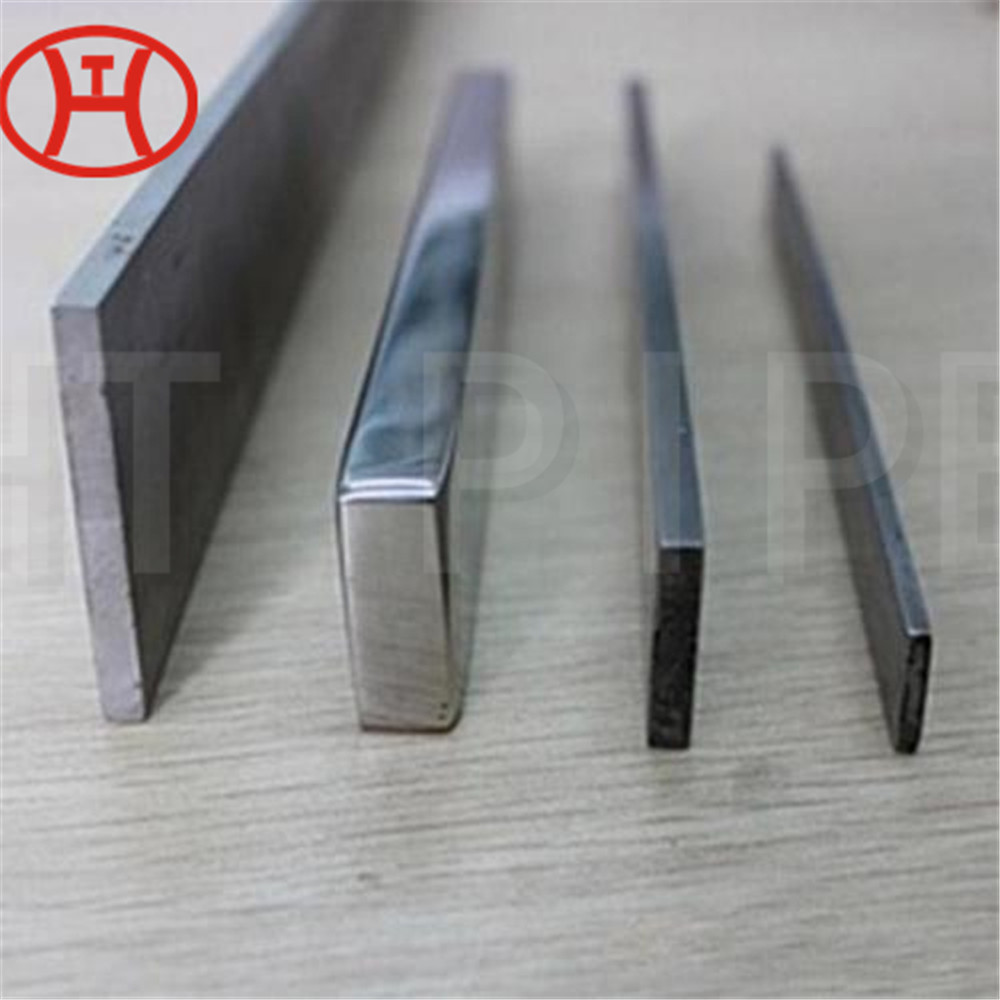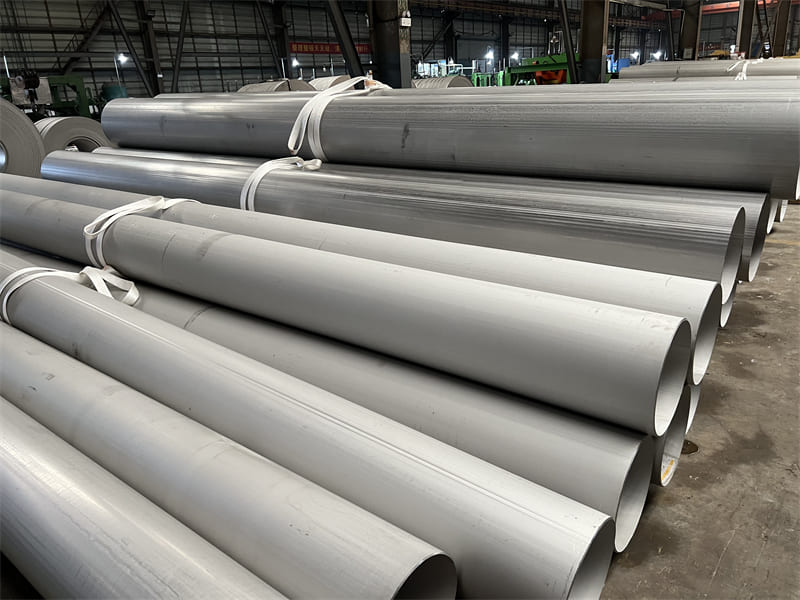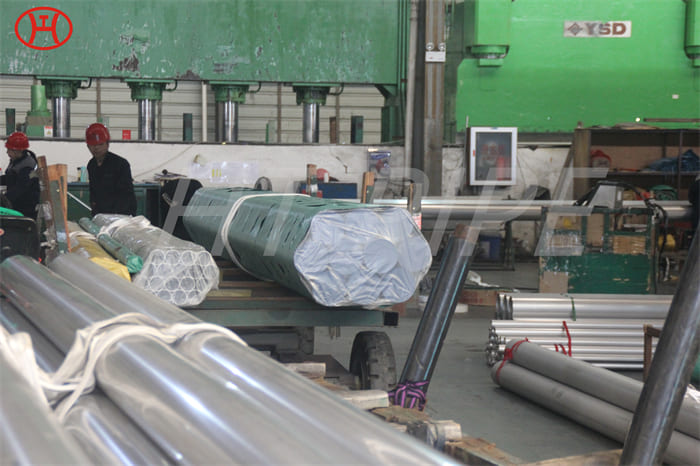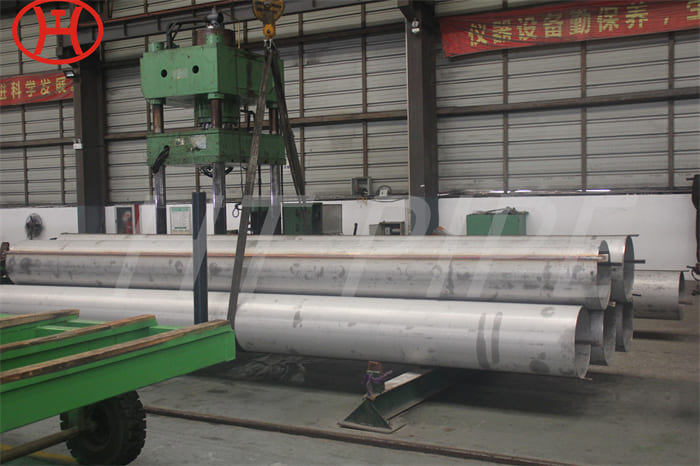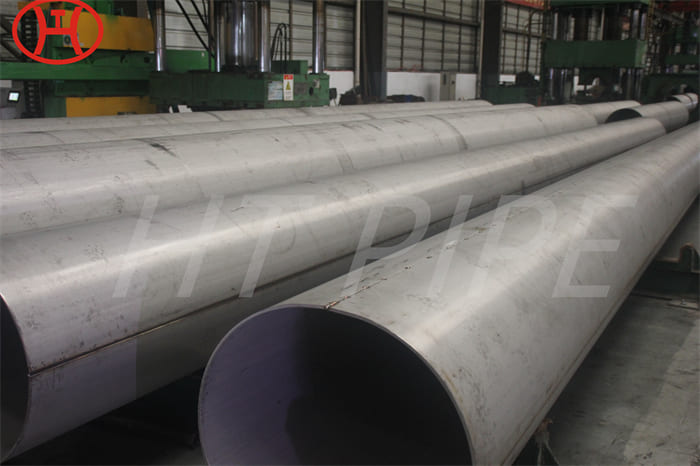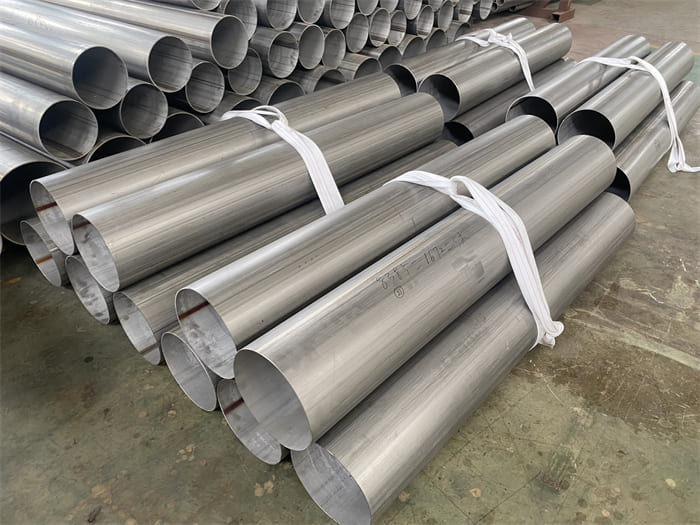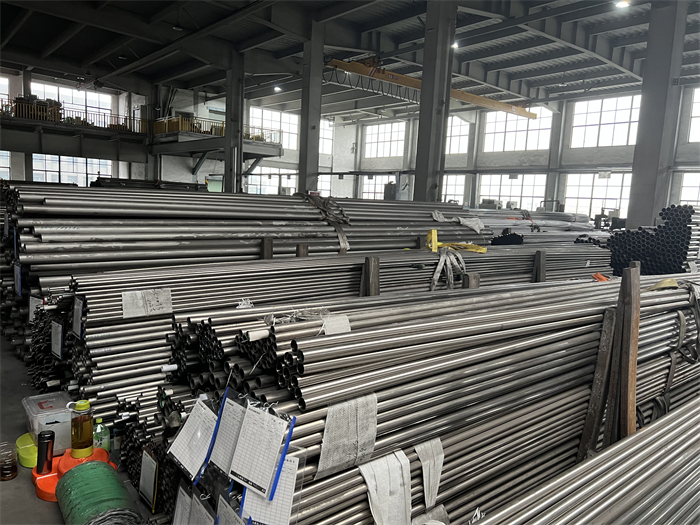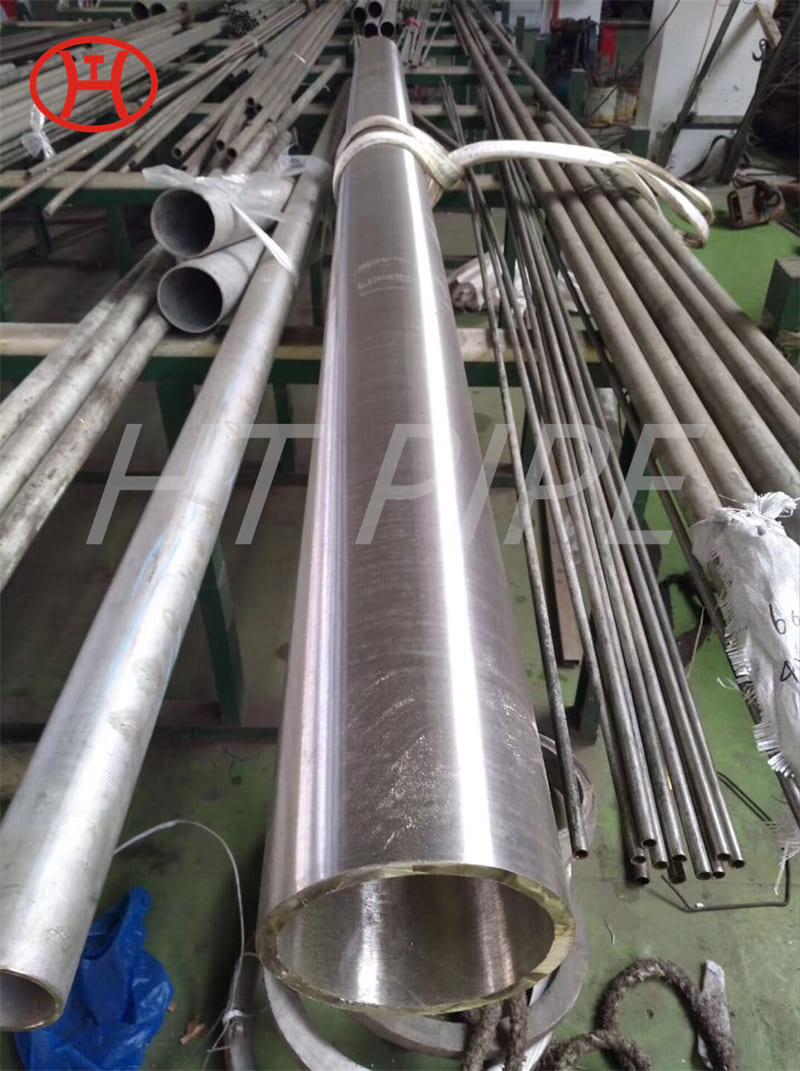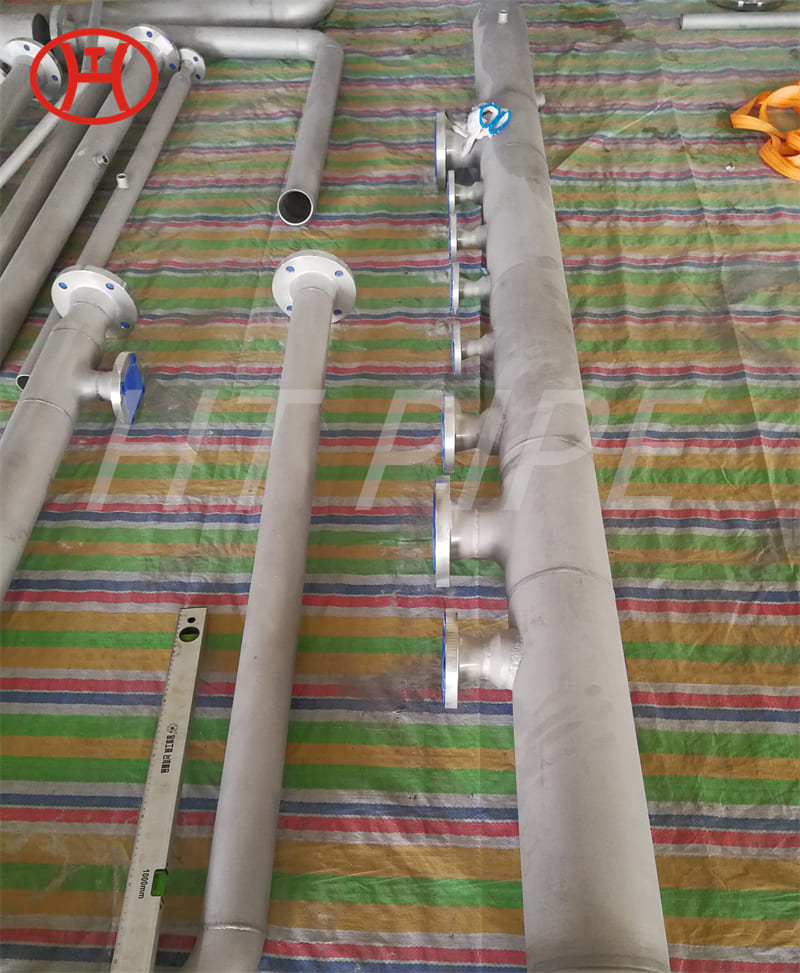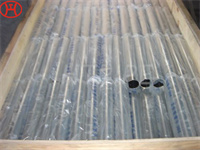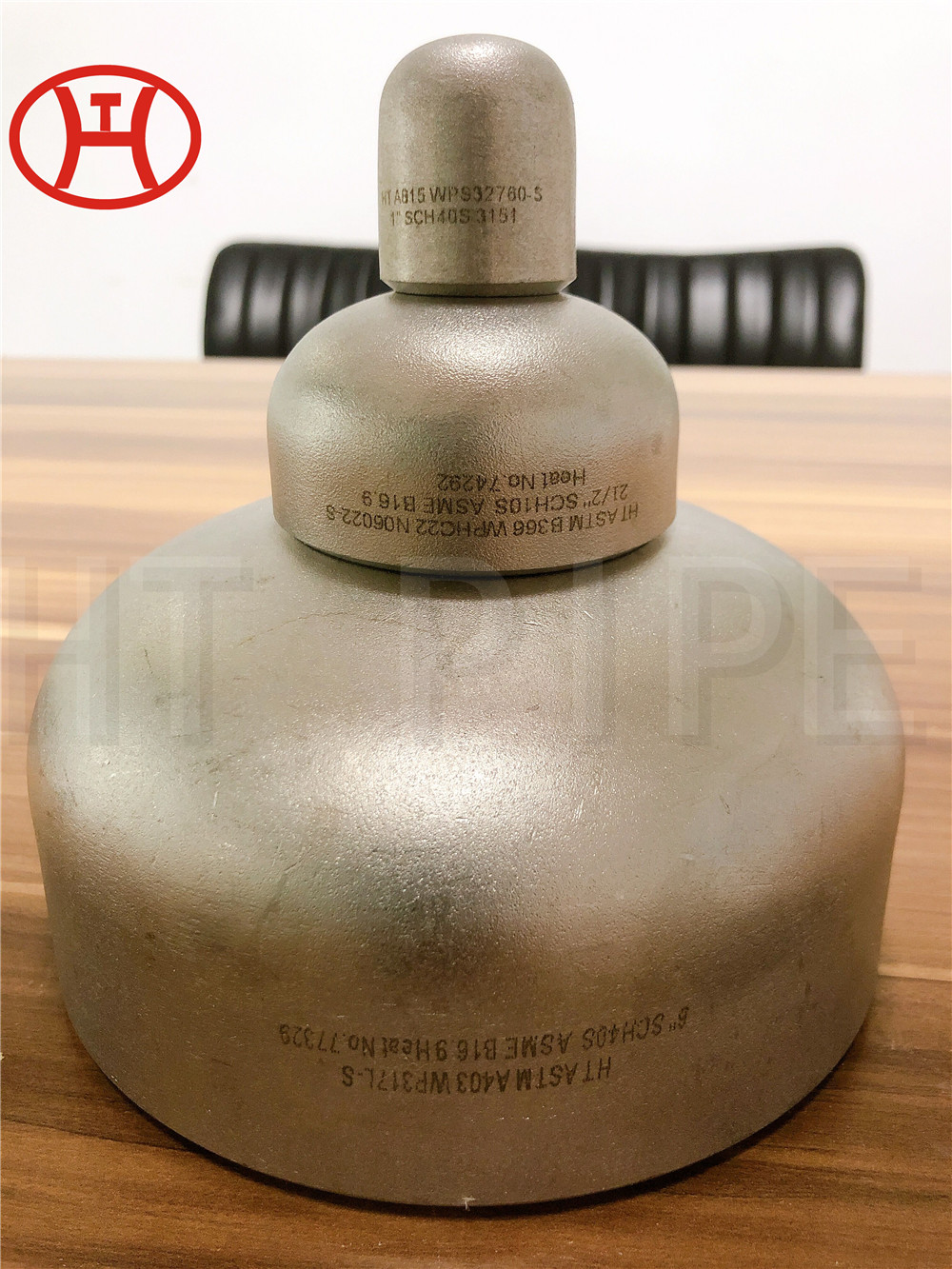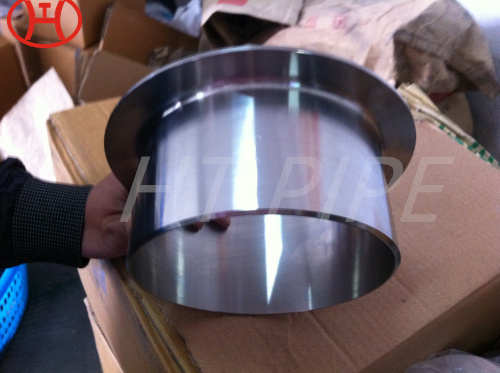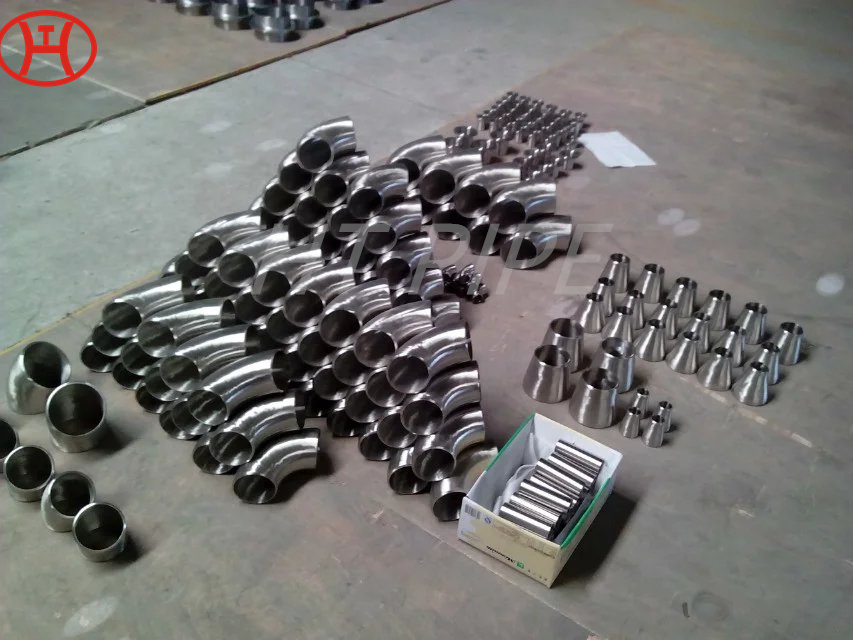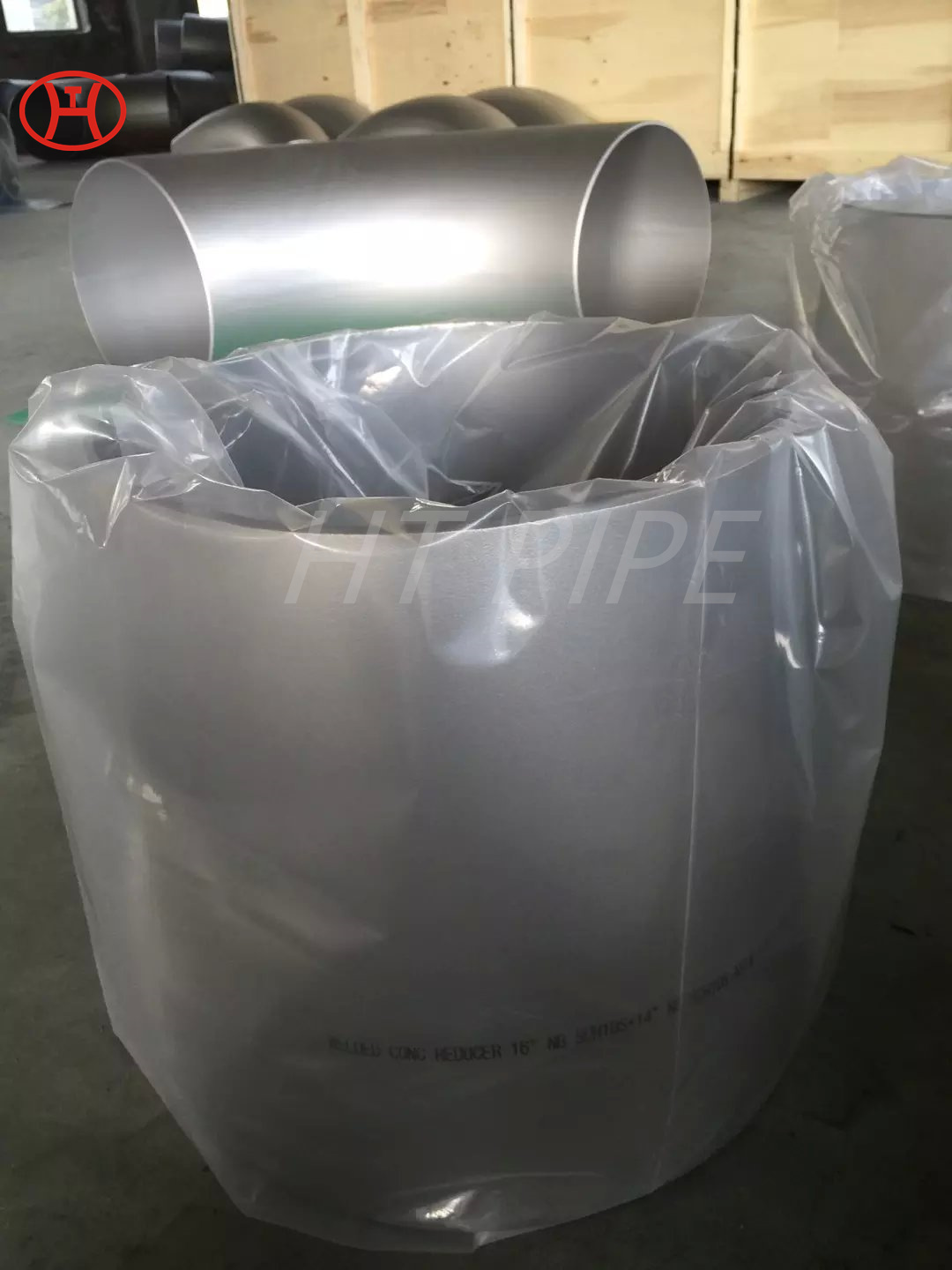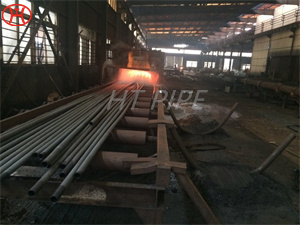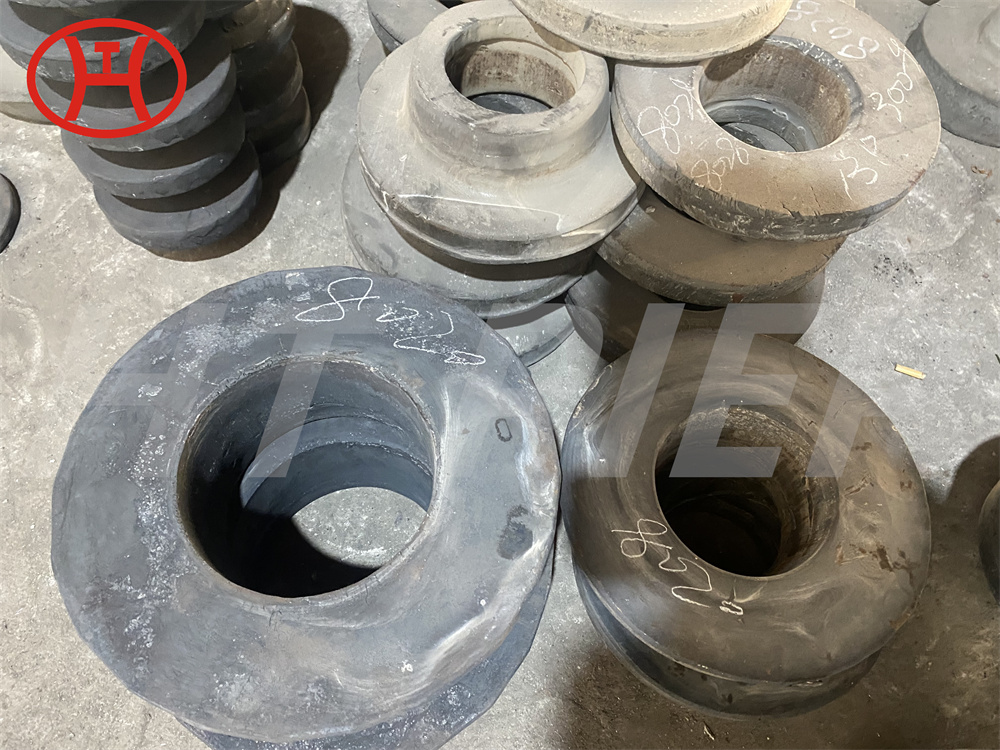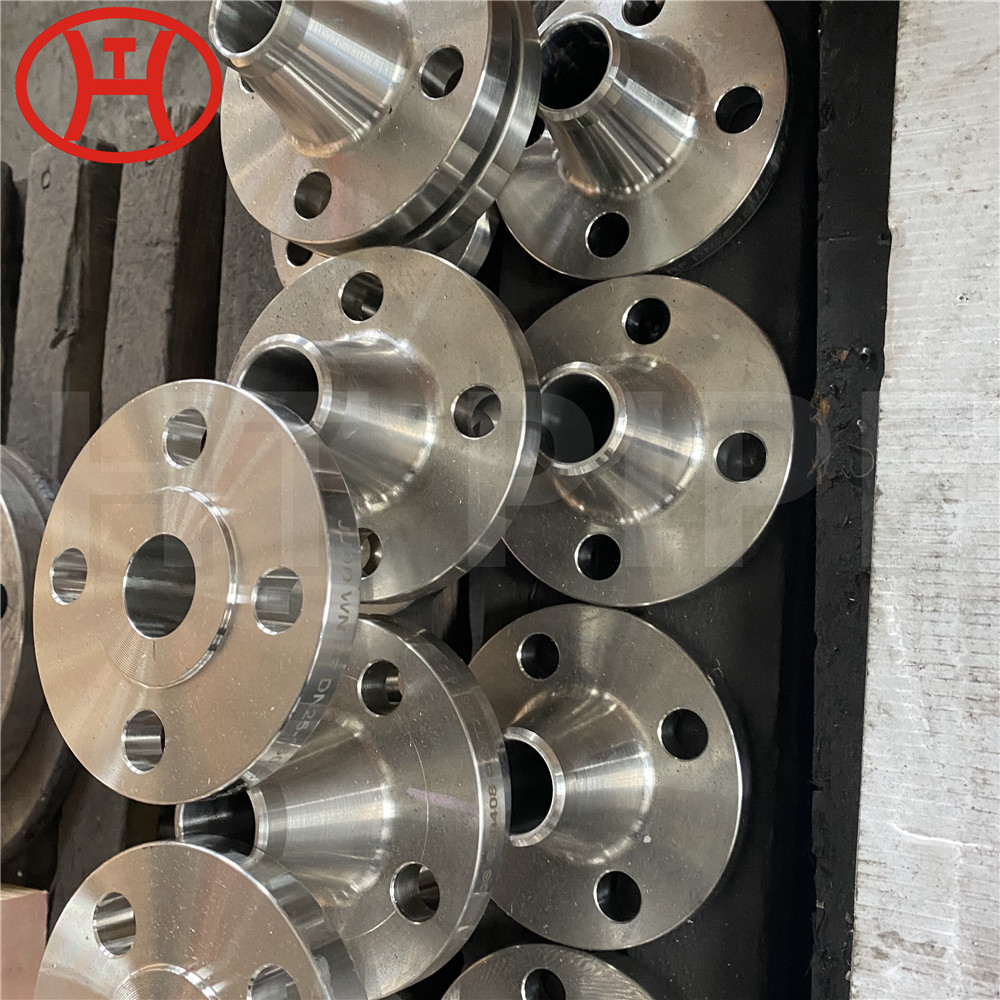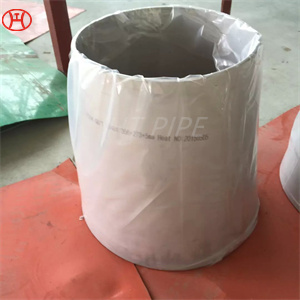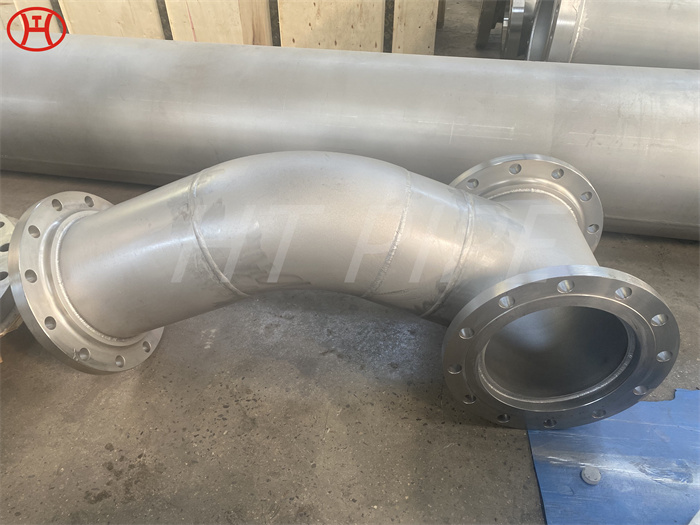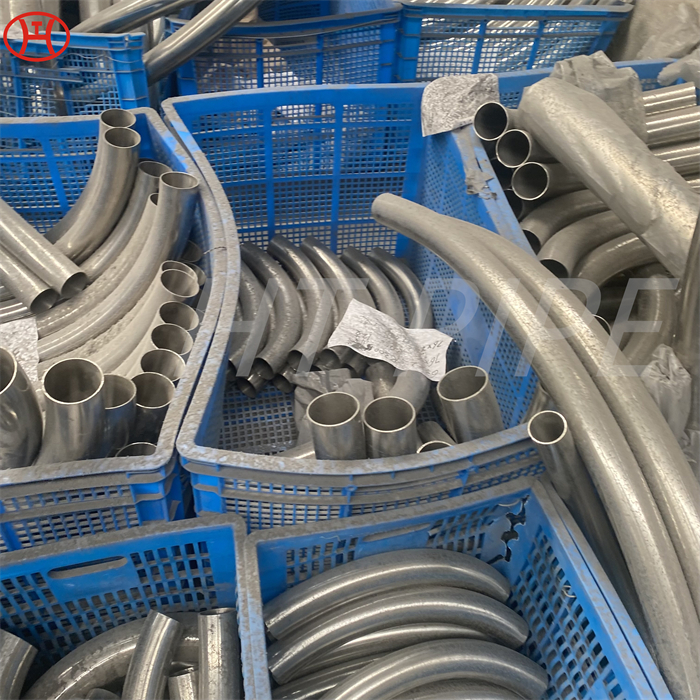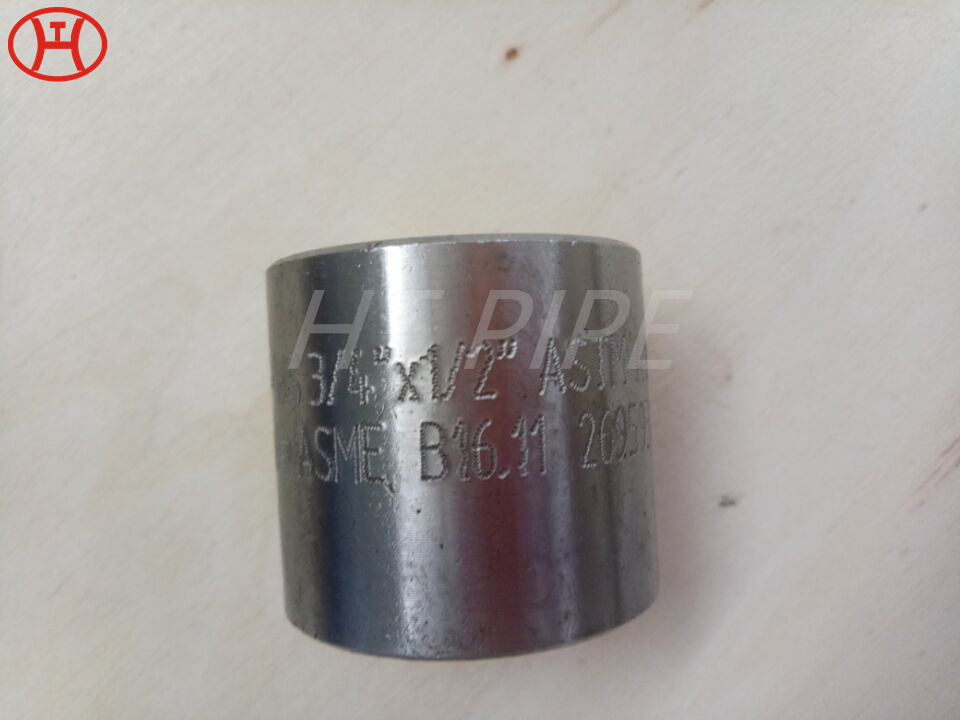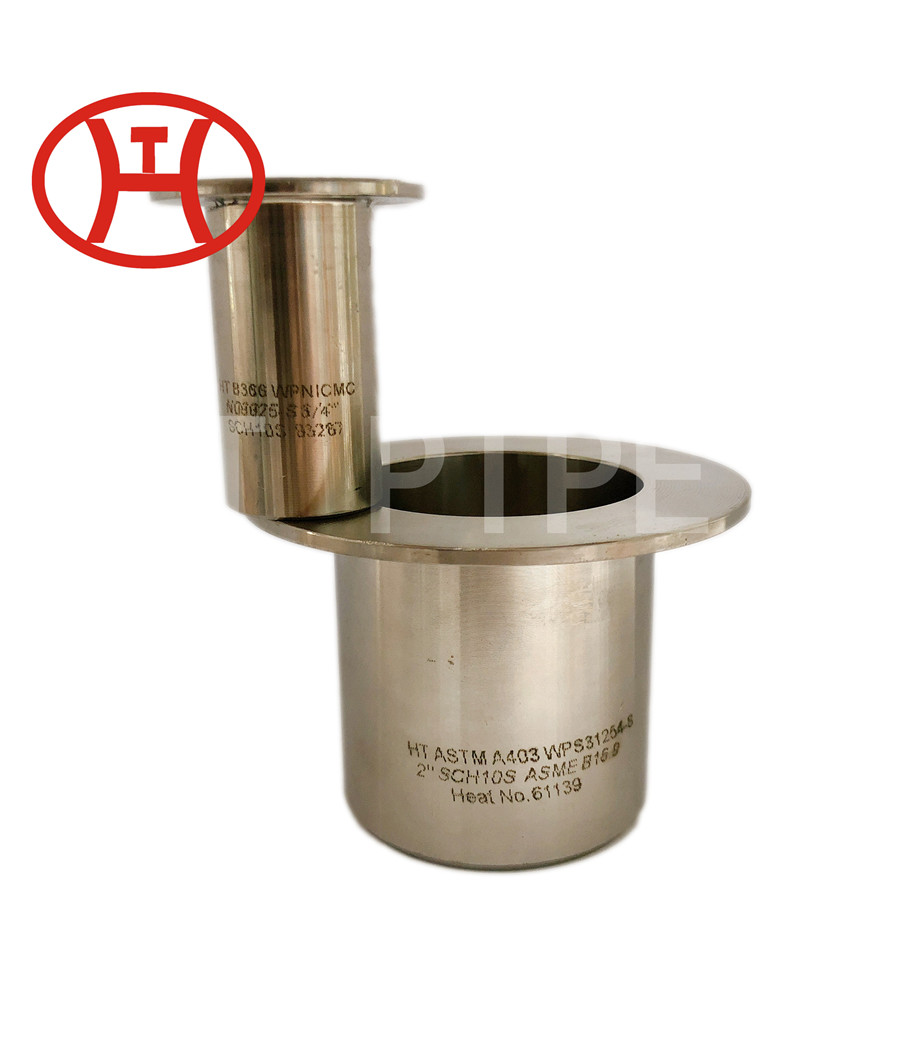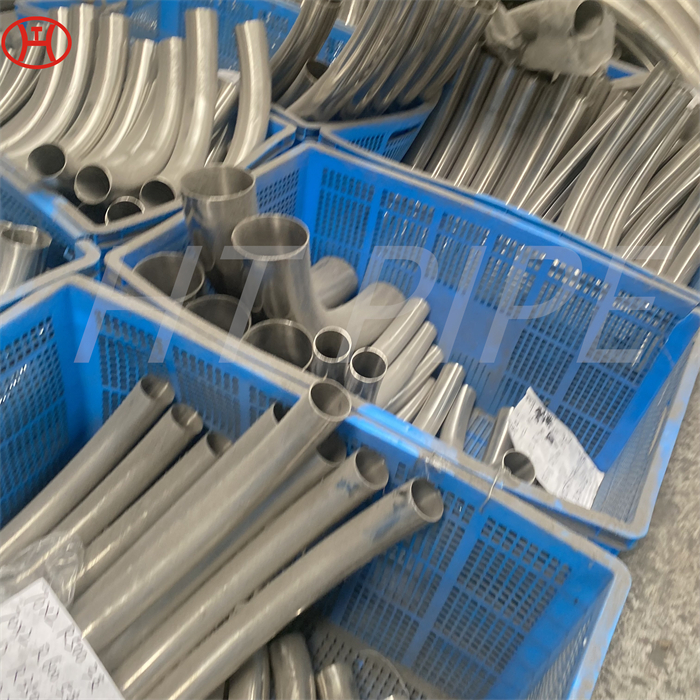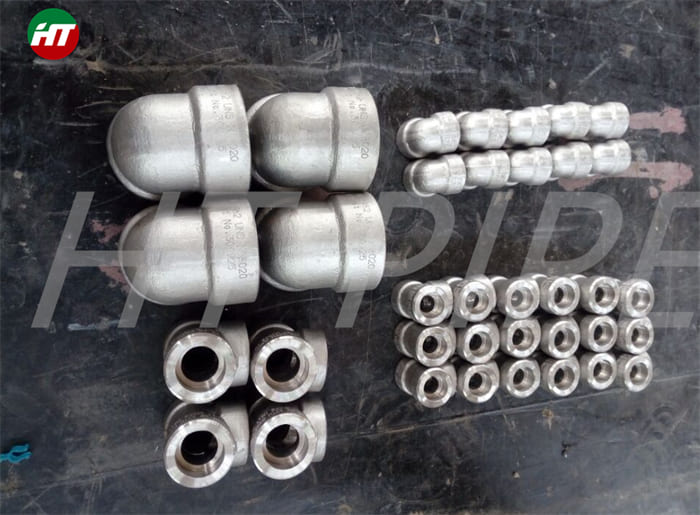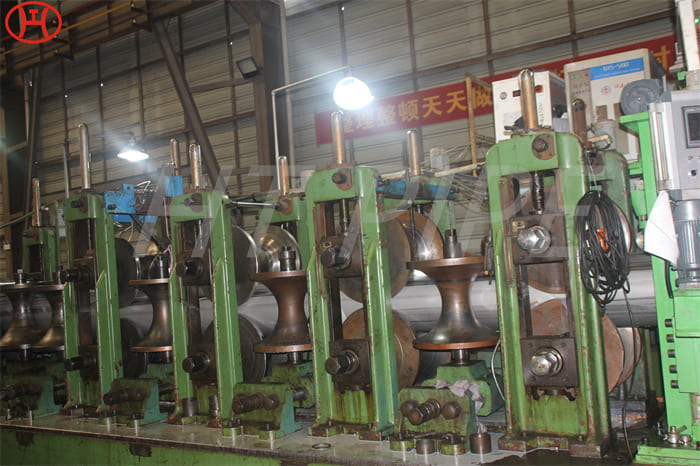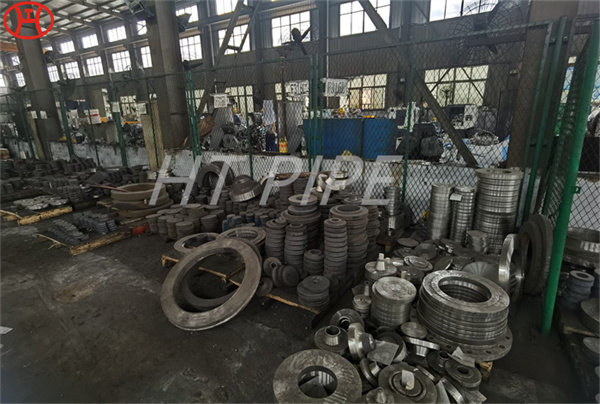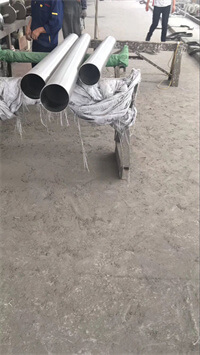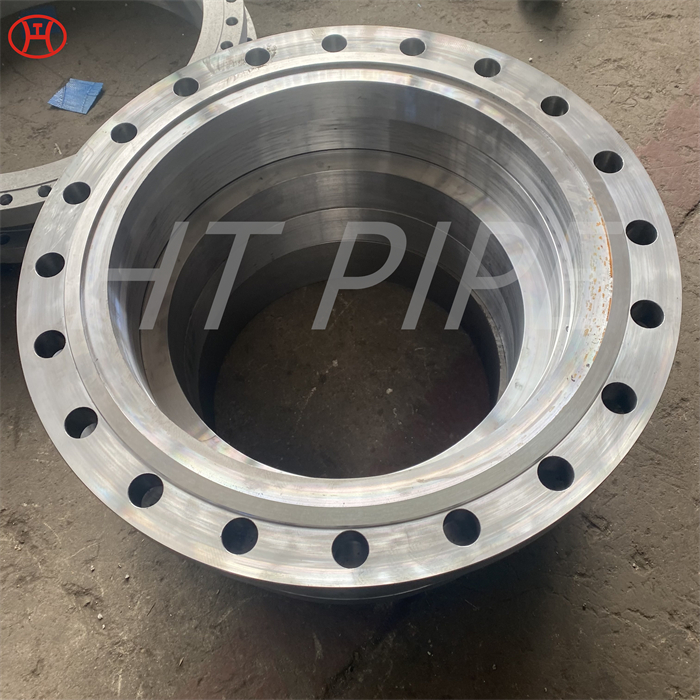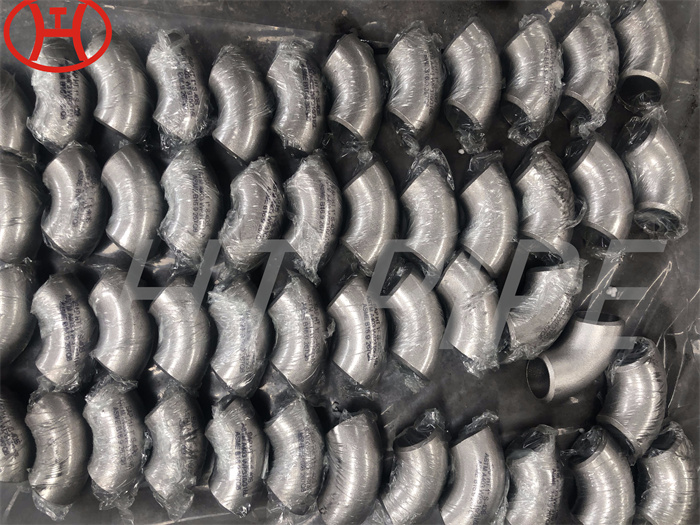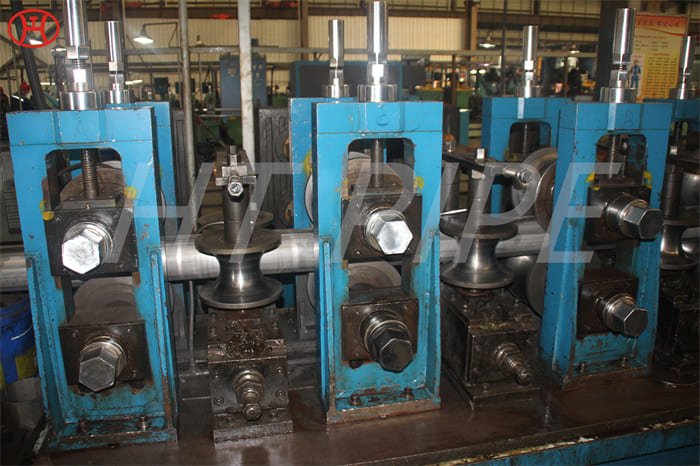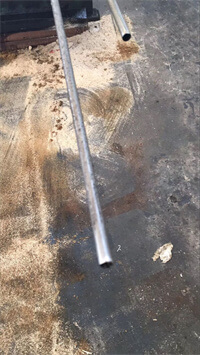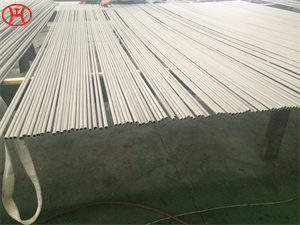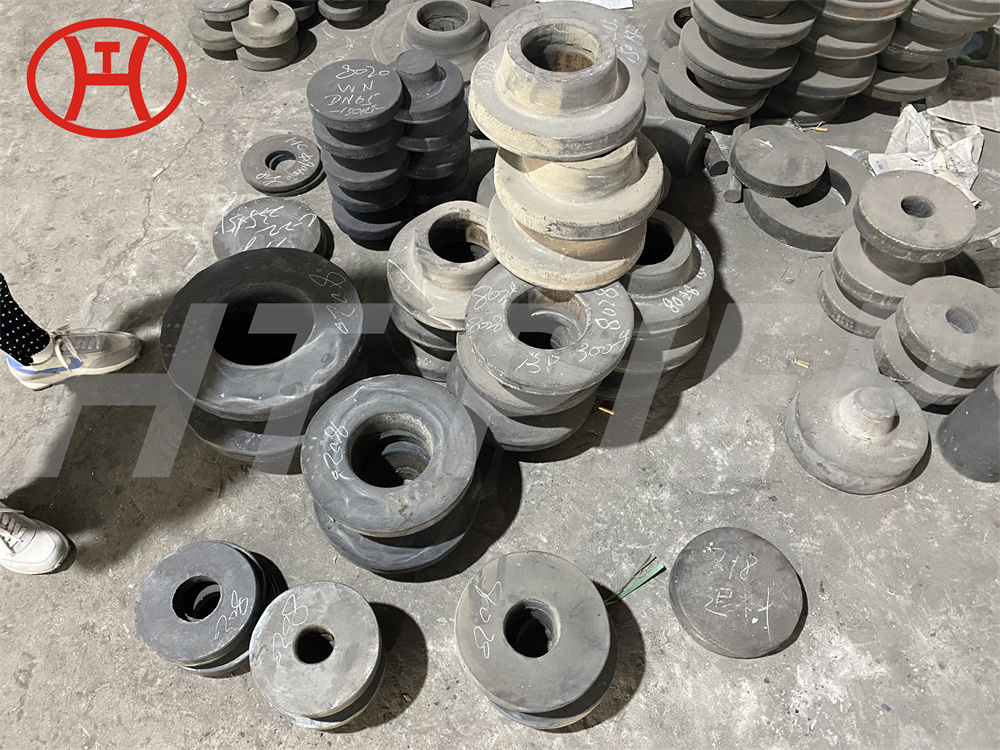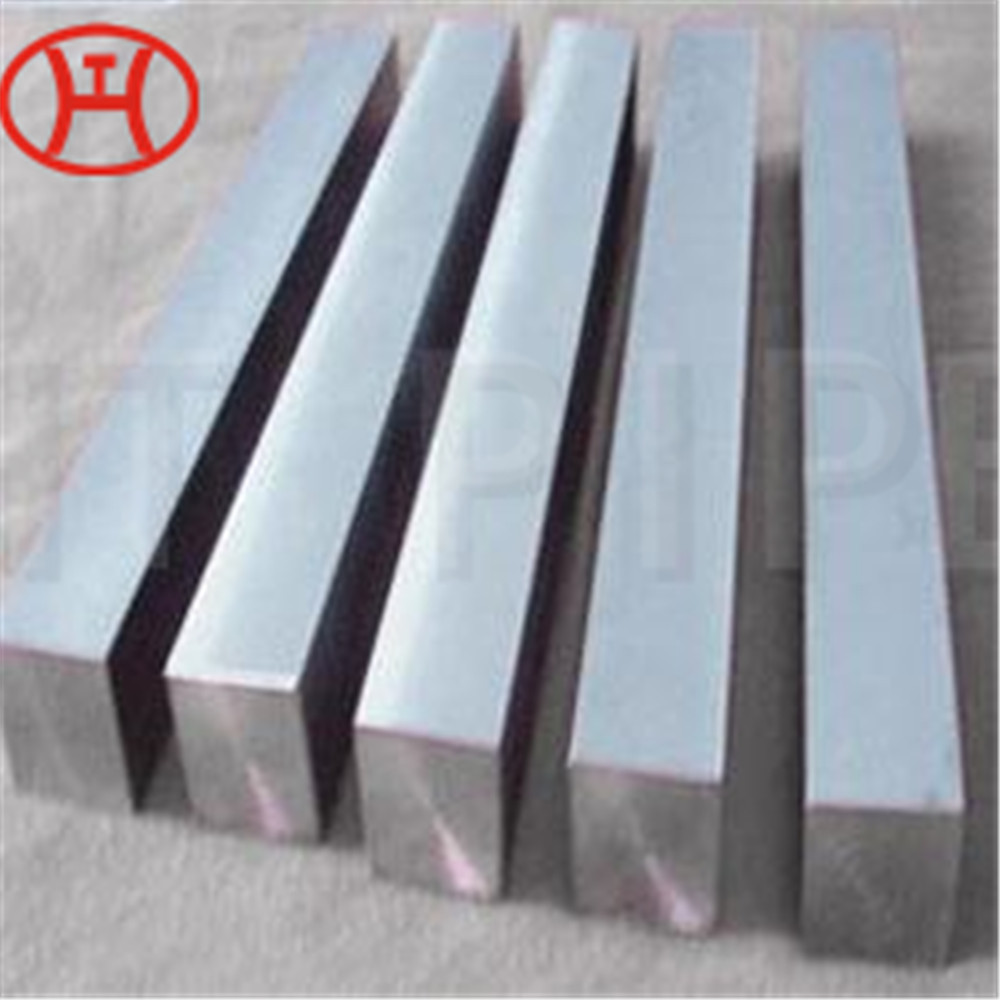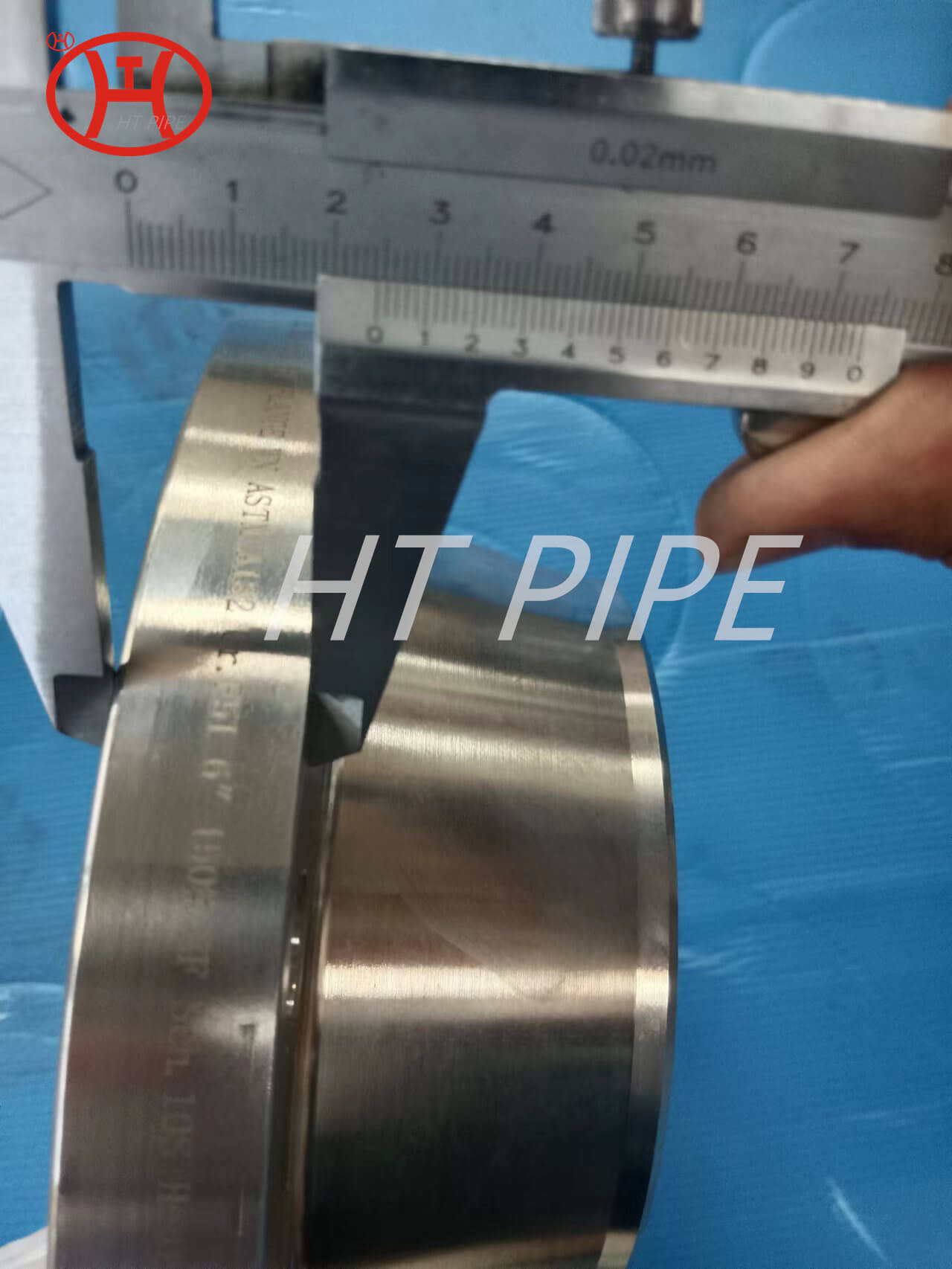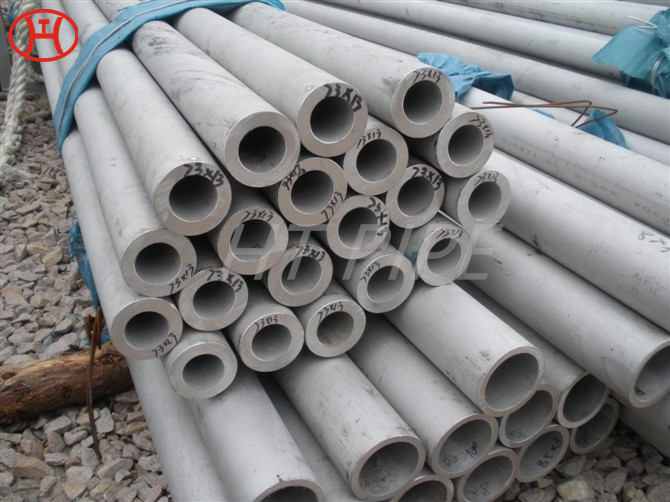Stainless Steel Flat Bars of Different Thicknesses
Steel pipes can be disintegrated on the basis of its application. Typical applications of steel pipes are in the area of water pipelines, industrial water lines, oil pipe lines, cross country pipe line, agriculture and irrigation pipes, tube lines for natural gas, chemical industries, automobile industry, construction industries and other purposes.
Stainless steel is an alloy of iron that is resistant to rusting and corrosion. It contains at least 11% chromium and may contain elements such as carbon, other nonmetals and metals to obtain other desired properties. Stainless steel’s resistance to corrosion results from the chromium, which forms a passive film that can protect the material and self-heal in the presence of oxygen
Completely and infinitely recyclable, stainless steel is the ¡°green material¡± par excellence. In fact, within the construction sector, its actual recovery rate is close to 100%.
Stainless steel is also environmentally neutral and inert, and its longevity ensures it meets the needs of sustainable construction. Furthermore, it does not leach compounds that could modify its composition when in contact with elements like water.
Stainless steel must contain at least 10.5 percent chromium. Depending on the grade, it may contain much higher chromium levels, and additional alloying ingredients like molybdenum, nickel, titanium, aluminum, copper, nitrogen, phosphorous or selenium.
In addition to these environmental benefits, stainless steel is also aesthetically appealing, extremely hygienic, easy to maintain, highly durable and offers a wide variety of aspects. As a result, stainless steel can be found in many everyday objects. It also plays a prominent role in an array of industries, including energy, transportation, building, research, medicine, food and logistics.









































































































